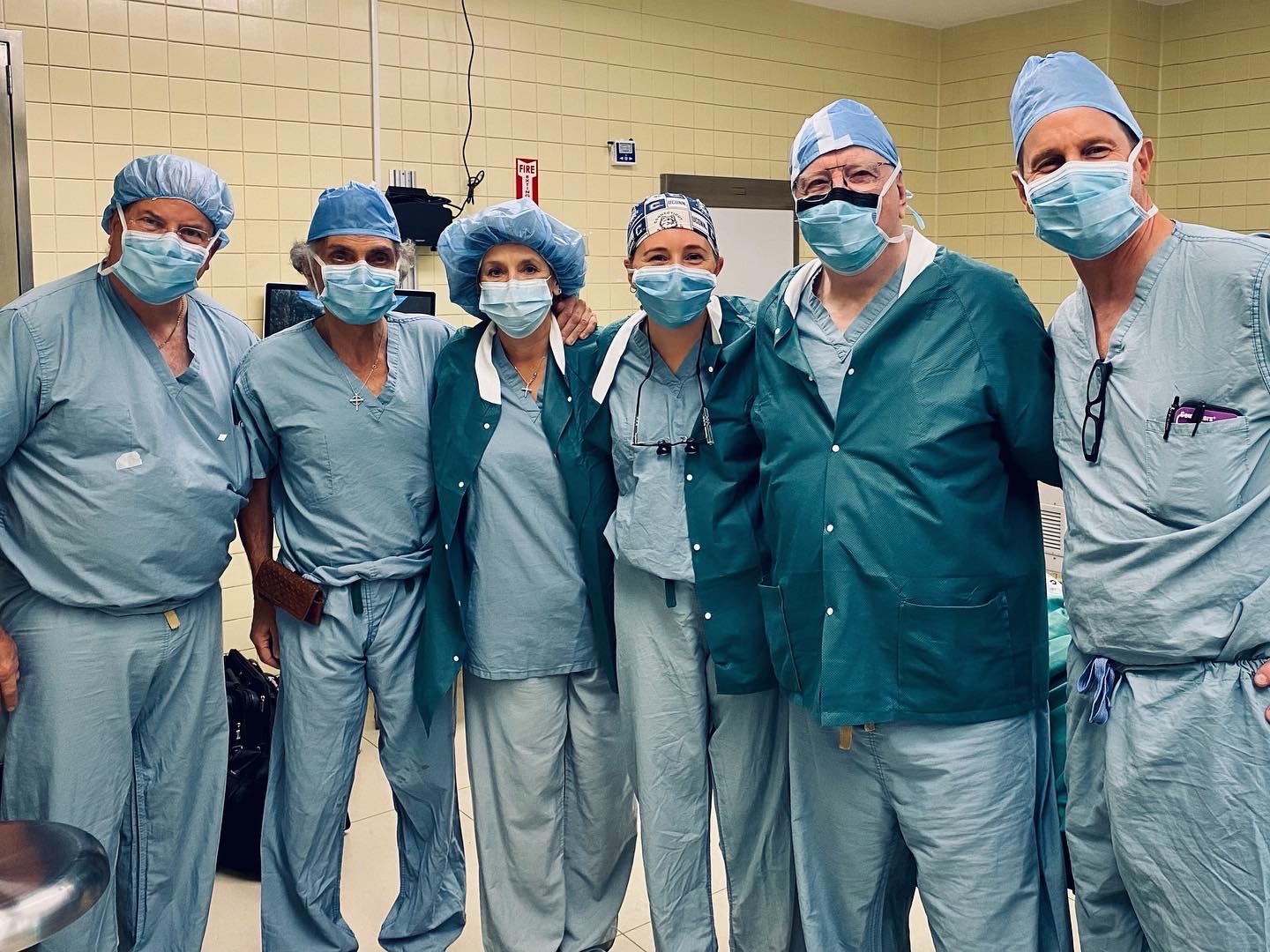Curriculum

Clinical experience
First-year residents rotate in general surgery, surgical oncology, vascular and bariatric/minimally invasive surgery services as well as night float at Ascension Saint Joseph - Chicago. During this time, residents manage preoperative and postoperative patient care, function as first assistants in major surgical procedures and as surgeons based on their ability. In addition, they gain experience in surgical intensive care, including placement of chest tubes, central and arterial lines. Nearly all central lines placed in the hospital are performed by general surgery first-year residents.
Second-year residents begin rotating at outside hospitals. These rotations include:
Third-year residents begin to serve as service chiefs for general surgery services at Ascension Saint Joseph - Chicago and Swedish Hospital (formerly Swedish Covenant Health). Operative autonomy and case volumes are significantly increased during this year. Outside rotations during third year include:
Throughout the five-year residency program, residents play a vital role in educating third-year medical students from the University of Illinois at Chicago.
Second-year residents begin rotating at outside hospitals. These rotations include:
- Pediatric Surgery — Ascension Saint Alexius Women and Children’s Hospital
- Trauma & Surgical ICU — Mount Sinai Hospital
- Surgical ICU — Northwestern Memorial Hospital
Third-year residents begin to serve as service chiefs for general surgery services at Ascension Saint Joseph - Chicago and Swedish Hospital (formerly Swedish Covenant Health). Operative autonomy and case volumes are significantly increased during this year. Outside rotations during third year include:
- Endocrine Surgery — Northwestern Memorial Hospital
- Thoracic Surgery — Northwestern Memorial Hospital
- Transplant Surgery — Northwestern Memorial Hospital
- Vascular Surgery — Good Samaritan Hospital
- Surgical Oncology — Northwestern Memorial Hospital
- Colorectal Surgery — Northwestern Memorial Hospital
- Trauma Surgery — Mount Sinai Hospital
- An elective month is also offered
Throughout the five-year residency program, residents play a vital role in educating third-year medical students from the University of Illinois at Chicago.
Clinical volume: areas of strength
- Surgical Oncology (breast, colorectal, foregut)
- General Surgery (diverticular disease, appendicitis, biliary disease, small bowel obstructions)
- Advanced Laparoscopy and Robotics (certification program)
- Vascular/Endovascular Surgery
Didactic experience
The general surgery residency program holds weekly resident educational conferences.
- Mortality & Morbidity Conference
- Basic Science Lectures
- Vascular Conference
- Cancer Conference
- Skills Lab Sessions
- Journal Club
- Oral Board Practicums
